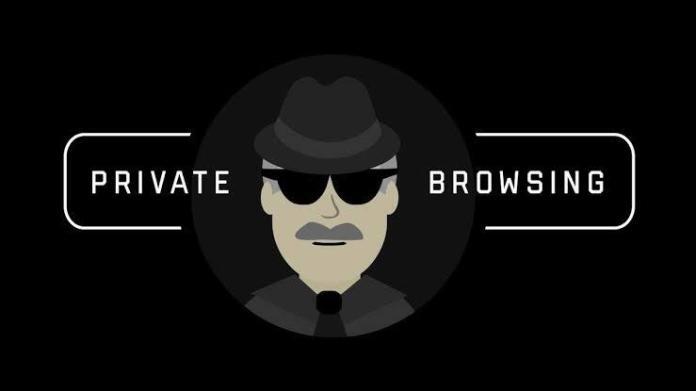When you purchase through links on our site, we may earn an affiliate commission. This doesn’t affect our editorial independence.
Since most interactions and transactions now take place online, strengthening your cybersecurity should be your first focus when you are web surfing.
Hackers and thieves are now constantly searching the Internet for opportunities to defraud you. Installing malware and using other tools like VPN services, private browsers, and incognito mode can assist protect your privacy to some degree, but you shouldn’t become comfortable with them.
You make a huge error and expose yourself to several threats when you browse the internet while you believe that your setup is perfect. To actively and continuously discourage threats, you must prioritize your internet security setup at all times and practice responsible behavior, such as creating secure passwords. This guarantees that no one will ever monitor or steal your info.
Here’s all the information you need to determine whether your private online browsing is actually private
Let’s talk about the Virtual Private Network (VPN)
VPN This operates by using the VPN private server of your choice to route your device’s Internet connection. In such a scenario, your VPN circumvents your internet service provider. Therefore, your data is coming from the VPN rather than your computer when it is being transmitted by your specific device. Why is this important? The VPN serves as a bridge between the Internet and any of your devices. Consequently, it enables you to conceal your surfing activities from inquisitive eyes, particularly when utilizing public Wi-Fi. You may get all the privacy advantages of a proxy server by spending a small amount of money to set up a VPN for every device in your house.
However, because VPN providers are not all the same, VPN customers are not extremely safe. A trustworthy one will protect you. A subpar supplier, however, will only make you feel secure. Sometimes, dubious VPN services will even give your information to obnoxious third-party authorities and advertisements. In the worst situation, some free VPN applications come pre-installed with third-party tracking libraries that gather your login credentials, passwords, and other information. It is obvious that selecting the appropriate VPN application is essential to achieve private web surfing.
Let’s Look at Private Browser Or Incognito Mode
Many browsers have created private browsers to help you reduce your online presence. When you browse the Internet, you leave behind these data trails. This hidden browsing mode is termed InPrivate Browsing in Internet Explorer, whereas it is marked Incognito Mode in Google Chrome. They may have different names, but this is the same common feature supplied in every browser, be it Internet Explorer, Google Chrome, Apple Safari, Mozilla Firefox, Opera, Microsoft Edge, and the like. Depending on your browser, you may need to click dots, use control buttons, or select tabs to access this private browsing mode, but the goal of protecting you while you browse is the same for all of them.
Your web browser is configured to save information about your location and activities when you are using the Internet normally. Your browser stores data from the websites you visit in cookies and history, which are then saved for future auto-completion. Additionally, it can monitor your searches, downloads, cache, and passwords.
Regretfully, all of this important information could be discovered by someone with network and computer access, endangering you. Your browser won’t save the aforementioned data if you have private browsing enabled. Your browser will not save your history, cookies, or other data when you visit a website in Incognito Mode.
Remember that using private browsing tools does provide you some level of privacy. However, it is not an all-powerful invisibility cloak that will grant you absolute online anonymity and privacy in your web surfing. Using private browsing to browse the internet does not provide complete security!
How to Stay Safe When Browsing On The Internet
You need to use a variety of techniques to be safe in order to achieve genuinely private browsing. In addition to using Incognito Mode and a VPN, you also need to be careful to keep yourself safe. You must implement the same safety precautions in the virtual world as you would in the actual one. Avoid dubious websites by avoiding clickbait and using safe browsing techniques.
Pay attention to what you download and where you get it. Creating a strong password with a combination of letters, numbers, and symbols is one of the best ways to stay safe online. Don’t use capital or lowercase letters. It is more difficult for hackers to access your account if you use a complex password.
Lastly
VPNs and private web surfing won’t help you if you’re not careful about your safety. When posting anything online, some people fail to exercise caution. Remember to consider your options before clicking for the best online safety. Your comment or compromising selfies that have already been viewed cannot be “undone.” Someone else might have taken a screenshot and stored copies beforehand. Avoid posting anything that you will later come to regret online. For good reason, they refer to it as “personal” information! Don’t post something online if you wouldn’t dare tell a stranger the same information.






